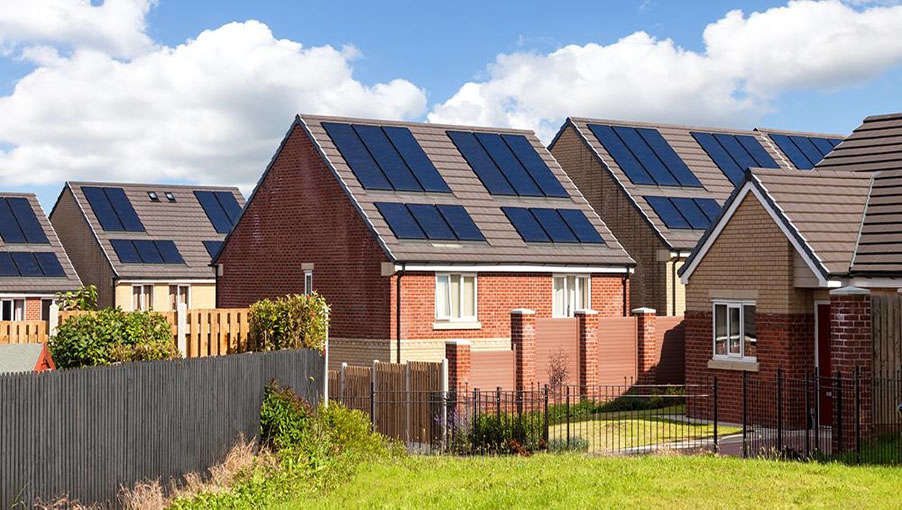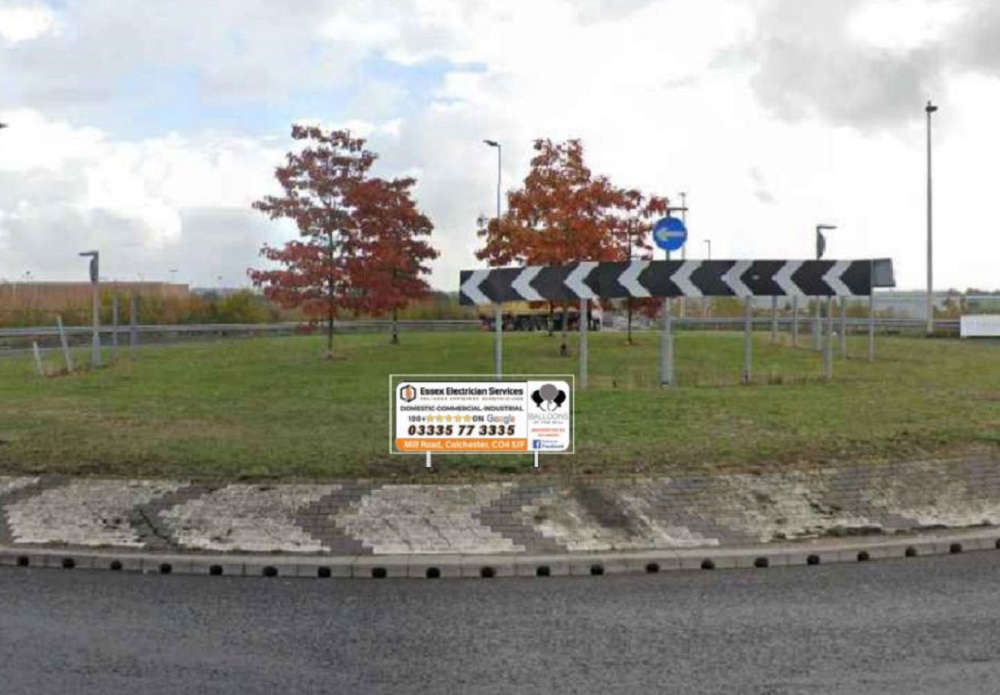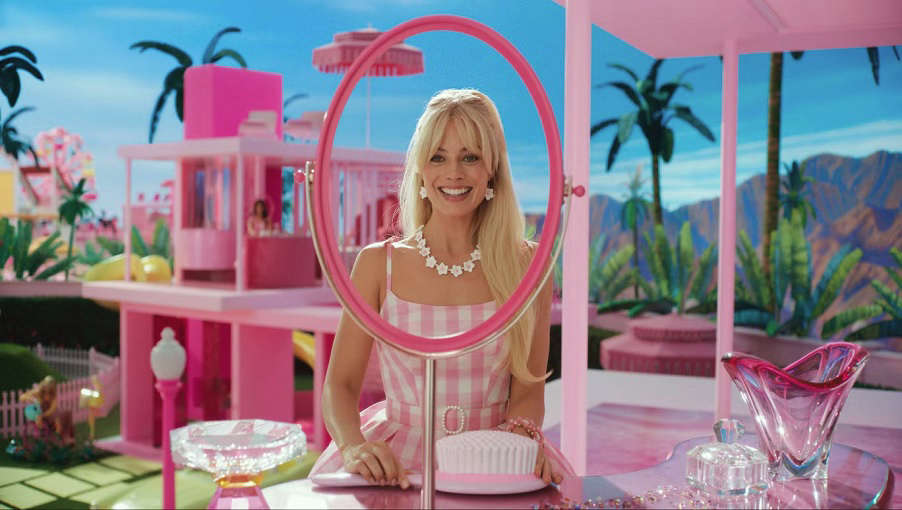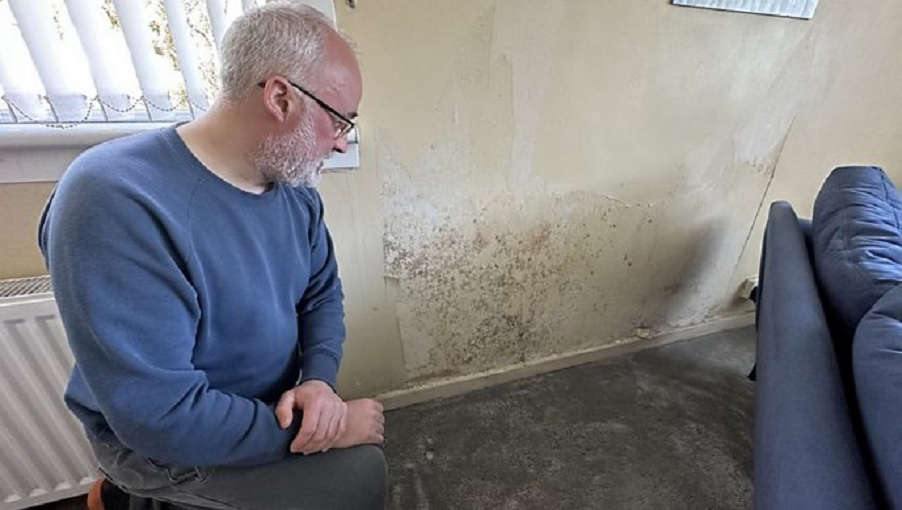

New environmental law increasing pressure on overstretched council planning departments
Posted: Thursday, April 3rd, 2025

SME home builders are facing significant challenges in implementing Biodiversity Net Gain (BNG) environmental requirements, with a lack of capacity in Local Authority planning departments being the primary reason for BNG-related delays, a report released by the Home Builders Federation (HBF) reveals. The research, based on a survey of home builders and a Freedom of Information (FOI) request of local authorities, finds that 98% of small and medium-sized enterprise (SME) builders are finding implementation of the new requirements a challenge, with delays in the process as a result of a lack of local authority capacity being the most significant barrier. BNG was introduced through new legislation in 2019 and ensures that new development enhances wildlife habitats and ecology, requiring developers to achieve a net gain of at least 10% in biodiversity. Since the requirement was introduced in February 2024, it has proven that new homes and environmental benefits can be delivered together. A lack of capacity in Local Authority planning departments has long been a major frustration for industry. Resultant delays in the processing of planning applications prevent builders from accessing sites to commence work, thereby delaying the delivery of vital new homes. Overstretched departments now have the additional responsibility of BNG to contend with, further delaying application sign-off and creating yet another barrier to increasing housing delivery. 94% of respondents to HBF’s survey reported experiencing delays in processing planning applications due to BNG, while 90% cited delays precisely due to insufficient BNG expertise or resources within local authorities. Despite the significant additional workload required to oversee and monitor BNG, the FOI carried out by HBF found that: Local authorities are also increasingly reliant on external consultants, spending an average of £23,000 per year per council on BNG-related consultancy fees. This constitutes the majority of Defra’s BNG fundin%0g for local authorities before the costs of hiring new staff or providing training for existing staff are even taken into account. Furthermore, the National Audit Office estimates that Government funding equates to just 0.66 full-time equivalent (FTE) ecologists per council, far below the level required for effective implementation. The number of SME builders has declined significantly in recent decades, with the increasingly complex and bureaucratic planning system being a primary reason. SME home builders face additional difficulties in navigating the costly and lengthy process, and many are stopping house building as a result. Whilst more significant sites may be able to accommodate BNG requirements on-site by creating green spaces or adding features that support biodiversity, smaller sites, where there is no available space to do so, are often reliant on purchasing off-site biodiversity units to meet the requirements. However, one year on, there is still a shortage of suitable credits available, which increases their costs and poses a substantial threat to the viability of smaller house-building sites. 85% of home builders with small sites believe the costs of BNG are not proportionate to the size of their projects.
Trending Stories
-
 Essex electrician has roundabout signs rejected
Essex electrician has roundabout signs rejected
A sparkie’s bid to sponsor signs on two roundabouts has been refused by planning chiefs who described them as “clutter”
-
 Barbie caused a ‘worldwide’ shortage of pink paint
Barbie caused a ‘worldwide’ shortage of pink paint
Barbie needed so much fluorescent pink paint that it caused a worldwide supply shortage for an entire company
-
 Builders find body of man murdered in the 1960s and buried in back garden
Builders find body of man murdered in the 1960s and buried in back garden
A woman who bought a South London house was left horrified after builders discovered the body of a man murdered in the 1960s and buried in her garden 14 months after she moved in
-
 'Government insulation scheme ruined my home'
'Government insulation scheme ruined my home'
A home-owner said his flat has been ruined by black mould caused by a government "green" insulation schem
-
 Builder celebrates lottery win by buying his coworkers bacon butties
Builder celebrates lottery win by buying his coworkers bacon butties
A builder from Milford Haven who won big on the lottery celebrated his victory by treating all his workmates to a round of bacon rolls
Comments
Add a comment